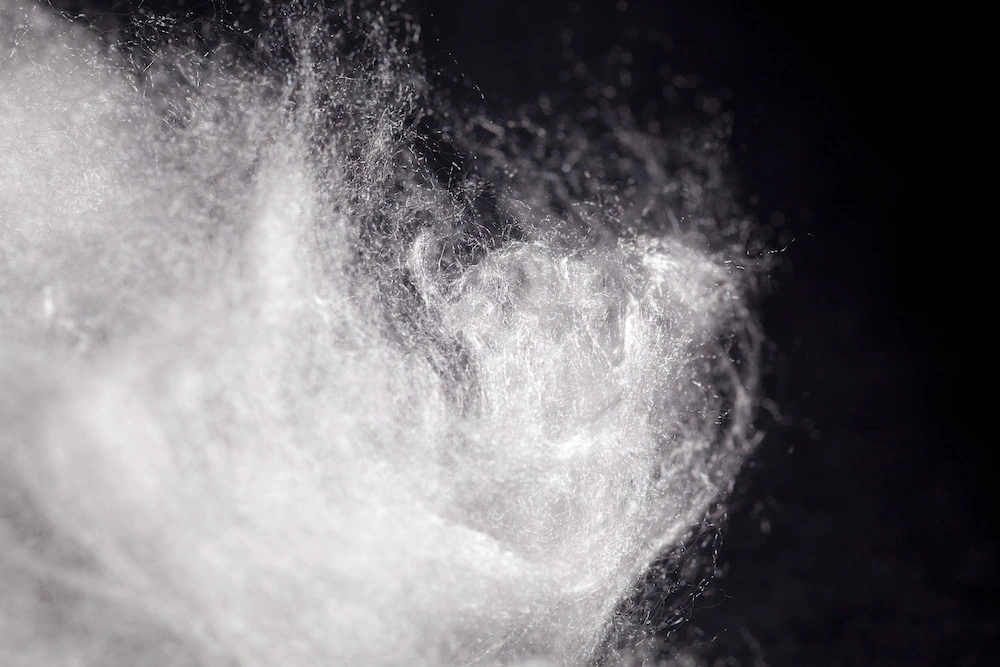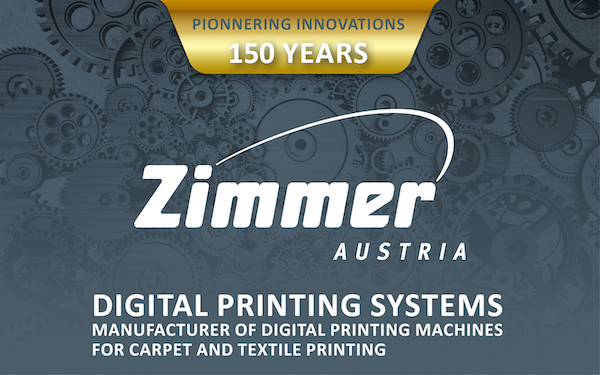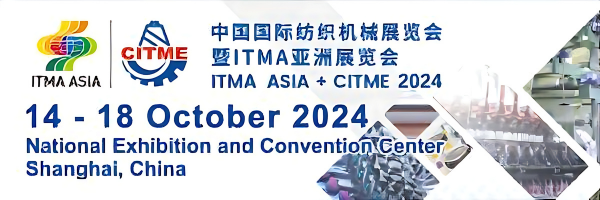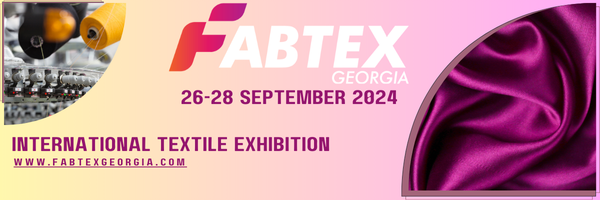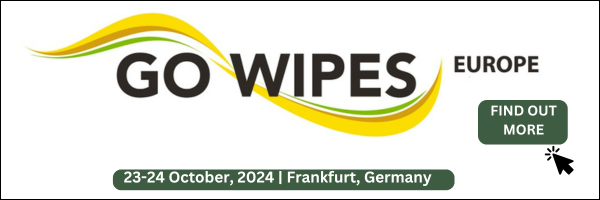Dr. Marina Crnoja-Cosic, an eminent figure in New Business Development, Marketing & Communications at Kelheim Fibres, graciously shares insights into the company’s journey as a global leader in speciality viscose fibres. With over 85 years of rich history, Kelheim Fibres has consistently pioneered biobased, environmentally friendly, and biodegradable products, under Dr. Crnoja-Cosic’s expert guidance.
In this exclusive interview, she delves into the company’s commitment to innovation, sustainability, and quality, shedding light on their unique contributions to the textile industry.
Could you provide an overview of Kelheim Fibres and its journey as the world’s leading manufacturer of speciality viscose fibres?
With more than 85 years of history, Kelheim Fibres is one of the world’s oldest and most established viscose fibre manufacturers. Our ongoing success stems from leveraging our strengths, including our commitment to biobased, environmentally friendly, and biodegradable products.
Our extensive expertise in speciality fibre design tailored to various applications, high innovation potential, and flexible manufacturing technology at our plant at Kelheim make us what we are today and inspire us to develop further.
Over 40 years ago, we began to increasingly focus on specialities, and today we are one of the world’s leading manufacturers of speciality viscose fibres.
What sets Kelheim Fibres apart regarding innovation and technology within the textile industry?
Innovation has been a cornerstone of our success for a very long time, thanks to our focus on speciality fibres. Rather than waiting for ideas to come to us, we actively seek out unmet customer needs and consciously generate ideas to address them.
Our open innovation approach, working closely with partners across the value chain, enables us to develop innovative solutions tailored to market needs and ensures their effectiveness throughout the value chain. In terms of technology, we are known for our flexibility, state-of-the-art equipment, and efficient environmental systems that minimize our ecological footprint.
Could you highlight some key applications and industries where Kelheim Fibres’ speciality viscose fibres have made a significant impact?
Our fibres are used in a wide range of end products, where they often provide unique properties. For example, our fibres are used in tea bags that do not release microplastics into the tea while maintaining tear resistance, as well as in biodegradable feminine hygiene products or in flushable wet wipes.
In textiles, we offer specialty fibres like VILOFT® or VISETA®, for exceptionally comfortable and elegant clothing.
Additionally, we are exploring applications at the intersection of textiles and nonwovens, such as reusable hygiene products, addressing growing environmental concerns.
Sustainability is a crucial aspect of today’s textile landscape. How does Kelheim Fibres prioritize and integrate sustainable practices into its manufacturing processes?
Kelheim Fibres is the only viscose fibre manufacturer worldwide validated under EMAS, the stringent environmental management system of the European Union. We annually publish our environmental data and goals, independently verified by auditors, demonstrating our commitment to transparency and progress.
We continuously invest in our facilities and processes, prioritizing investments with the greatest promise of success. Currently, transitioning our energy supply from natural gas to green hydrogen is a key focus, aiming to achieve truly carbon-neutral production in the coming years.
What role does research and development play at Kelheim Fibres in staying ahead of market trends and meeting the evolving needs of customers?
Research and development have always been paramount in our company’s history. But over the years, and with our focus on specialities, it has become even more important to us. And our approach has changed: Today, our innovation management focuses on addressing unmet customer needs.
By closely monitoring societal and industry trends, we identify these needs and collaborate closely with partners across the whole value chain to develop innovative solutions. Our well-equipped laboratories, pilot plants, and innovation management facilitate the development of innovative products tailored to market demands.
How does Kelheim Fibres ensure the quality and consistency of its speciality viscose fibres, and what measures are in place to meet international standards?
Our fibres are certified according to renowned global standards and undergo rigorous testing in our laboratories to ensure quality and consistency. Unlike natural fibres like cotton, we have precise control over our biobased cellulose fibres’ production process, ensuring consistent quality regardless of natural influences. Additionally, we can customize our fibres to meet specific customer requirements, enhancing their functional performance.
Can you share insights into any recent or upcoming innovations or product developments at Kelheim Fibres that our readers should be excited about?
An exciting project we are currently working on involves applying our expertise in the hygiene industry to textile products, such as reusable hygiene products. Together with our partners, we have developed a concept for washable and therefore reusable period underwear made from biobased materials, which performs just as well as its synthetic alternatives.
Another important topic in textile applications is traceability. The demand for sustainable products is growing, and with that comes the need to clearly identify these products. We have various options to trace our fibres up to the end product, depending on the preferences of our customers.
Collaboration is often key to success. Are there any notable partnerships or collaborations that Kelheim Fibres has engaged in to further enhance its offerings or reach new markets?
All our projects in recent years have involved collaboration with partners. Our open innovation approach emphasizes collaboration across the value chain as the key to fast and successful product and application development.
For example, we recently won the ITMF Award for international collaboration with the Italian textile machinery manufacturer Santoni. At this year’s Techtextil, we are presenting a joint concept for period underwear with the German yarn manufacturer Gebr. Otto, thus demonstrating our commitment to collaboration.
What is Kelheim Fibres’ vision for the future in a rapidly changing global landscape, and how does the company plan to stay at the forefront of the industry?
We believe sustainability will remain a central theme in the textile industry for years to come, with biobased fibres playing a crucial role. Active participation in shaping a more sustainable future for the textile industry is essential, requiring collaboration across networks and proactive measures to accelerate the transition to circularity.
We are actively involved in EU projects on biobased and circularity, and furthermore, we collaborate in additional forward-looking funding projects.
Our focus encompasses the entire journey – from alternative raw materials to environmentally friendly end products and applications. In terms of manufacturing, our commitment to energy transformation, such as transitioning to green hydrogen, reflects our dedication to reducing our environmental impact and staying ahead of industry trends.
Could you explain their unique characteristics and advantages for our readers unfamiliar with specialty viscose fibres, particularly compared to other fibre types?
Kelheim’s specialty viscose fibres are cellulosic fibres made from wood pulp which in terms comes from sustainably managed PEFC or FSCTM certified sources. At the end of their product lives, these fibres are completely biodegradable.
Our viscose fibres offer properties similar to cotton and excellent wearer comfort – they are soft, skin-friendly, breathable, moisture-wicking, and have a natural lustre, making them an attractive choice for both sustainable hygiene and textile solutions.
But in contrast to cotton or other natural fibres, we can functionalize our fibres during the manufacturing process. This allows us to tailor fibres to specific customer needs, ensuring consistent quality and performance regardless of environmental conditions.



